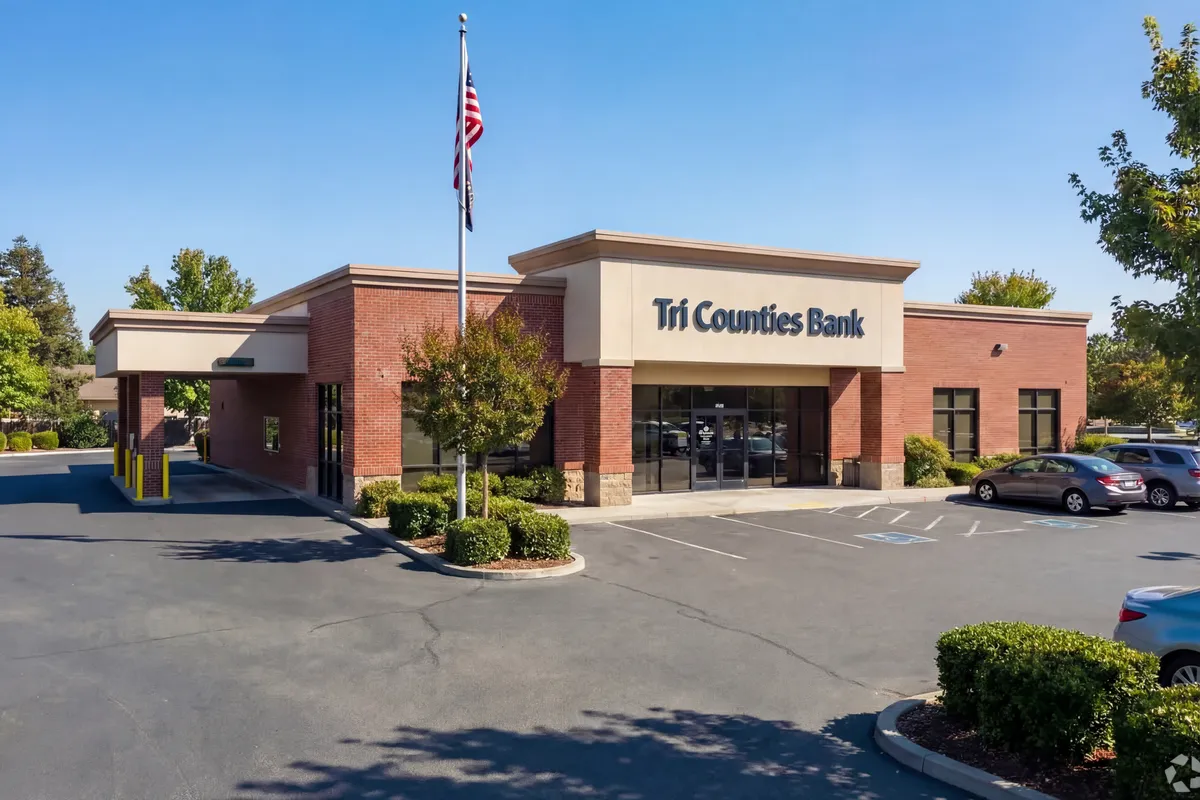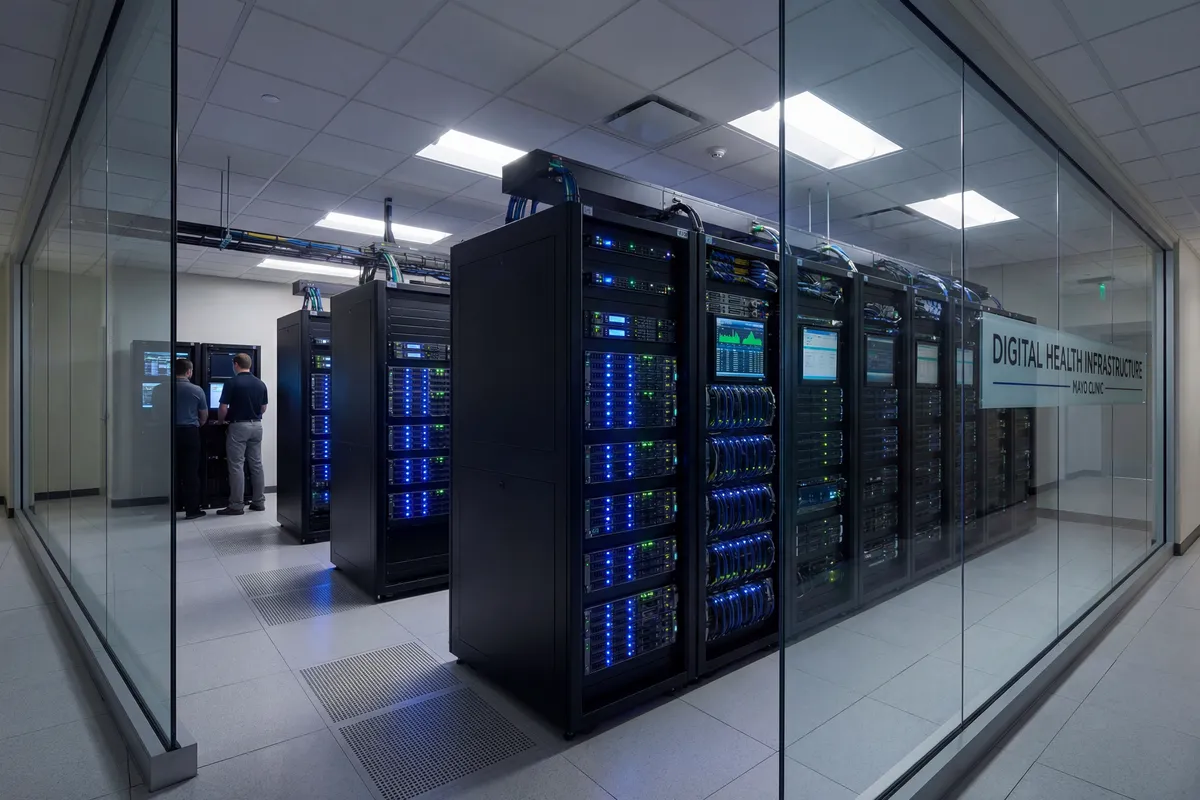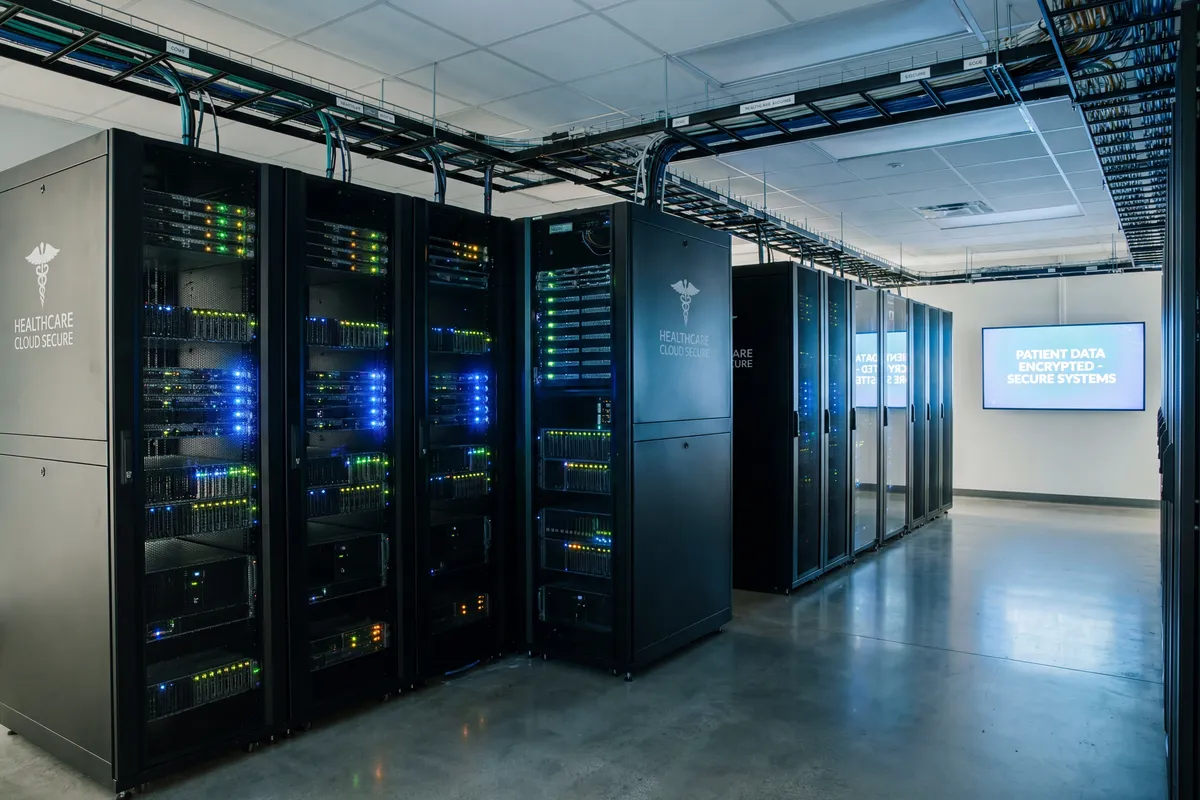Weiser Memorial Hospital Data Breach Affects 59,990 People: SSNs Exposed

May 21, 2025 Update: The disclosed number of affected individuals has risen to 59,990 from 34,249 per the Department of Health & Human Services report.
On September 4, 2024, Weiser Memorial Hospital (WMH), based in Idaho, discovered unusual activity on its network systems. Upon further investigation, it was determined that certain hospital data had been accessed and potentially acquired without authorization on or around that date. The hospital immediately engaged cybersecurity experts to secure its systems and launched a comprehensive review to identify the individuals whose information may have been affected.
The breach, attributed to the EMBARGO ransomware group, involved a claim that 200 GB of WMH’s data had been stolen and would be published within days. This incident is considered severe due to the sensitive nature of the information involved and the ransomware tactic used, which often results in large-scale data exposure and heightened risk of identity theft.
A total of 59,990 individuals in the United States were affected by this breach, including 438 in Texas, 14 in Maine, and 251 in Montana. The compromised information includes a combination of personally identifiable information (PII) and protected health information (PHI): names, dates of birth, Social Security numbers or other government ID numbers, medical diagnoses, treatment or procedure information, and Medicare/Medicaid or health insurance details.
The breach was publicly disclosed to government authorities in California, Maine, Texas, Vermont, Montana, New Hampshire, Oregon, and the HHS between May 12 and May 19, 2025. WMH also posted a notice on its website for public awareness.
Weiser Memorial Hospital's response
After detecting the breach, WMH took immediate action to secure its network and engaged external cybersecurity experts to assist with the investigation and remediation. The hospital conducted a thorough review of all potentially affected files, which concluded on April 21, 2025. Notification letters were mailed to individuals whose information was involved, starting May 12, 2025.
To support those affected, WMH has established a dedicated, toll-free call center (1-833-799-3704) available Monday through Friday from 6:00 am to 6:00 pm Mountain Time. The hospital’s notice provides detailed guidance on steps individuals can take to protect themselves, including:
- Monitoring account statements and credit reports for suspicious activity.
- Placing a fraud alert or security freeze on credit files with major credit bureaus.
- Reporting suspected identity theft to law enforcement, the Federal Trade Commission, or state attorneys general.
Given the nature of the breach—ransomware involving both PII and PHI—it is especially important for affected individuals to remain vigilant for signs of identity theft or insurance fraud. WMH has also enhanced its network security to reduce the risk of similar incidents in the future.
For more information about the hospital, visit the Weiser Memorial Hospital website.
 Names
Names Social Security Numbers
Social Security Numbers Dates of Birth
Dates of Birth Addresses
Addresses Government IDs
Government IDs Medical Info
Medical Info Financial Info
Financial Info- Affected information types not yet disclosed

.webp)
.webp)
.webp)

.webp)
.webp)
.webp)
.webp)
.png)












.svg)